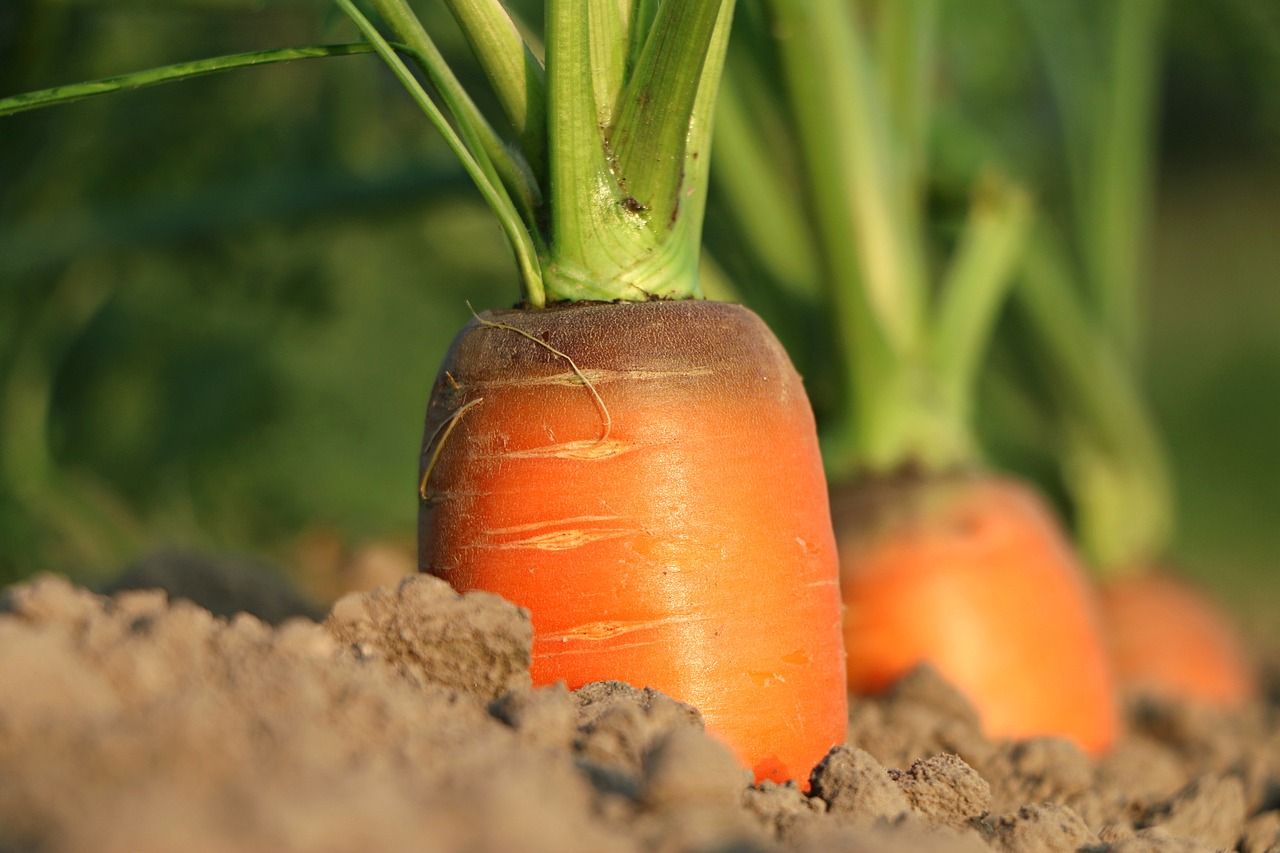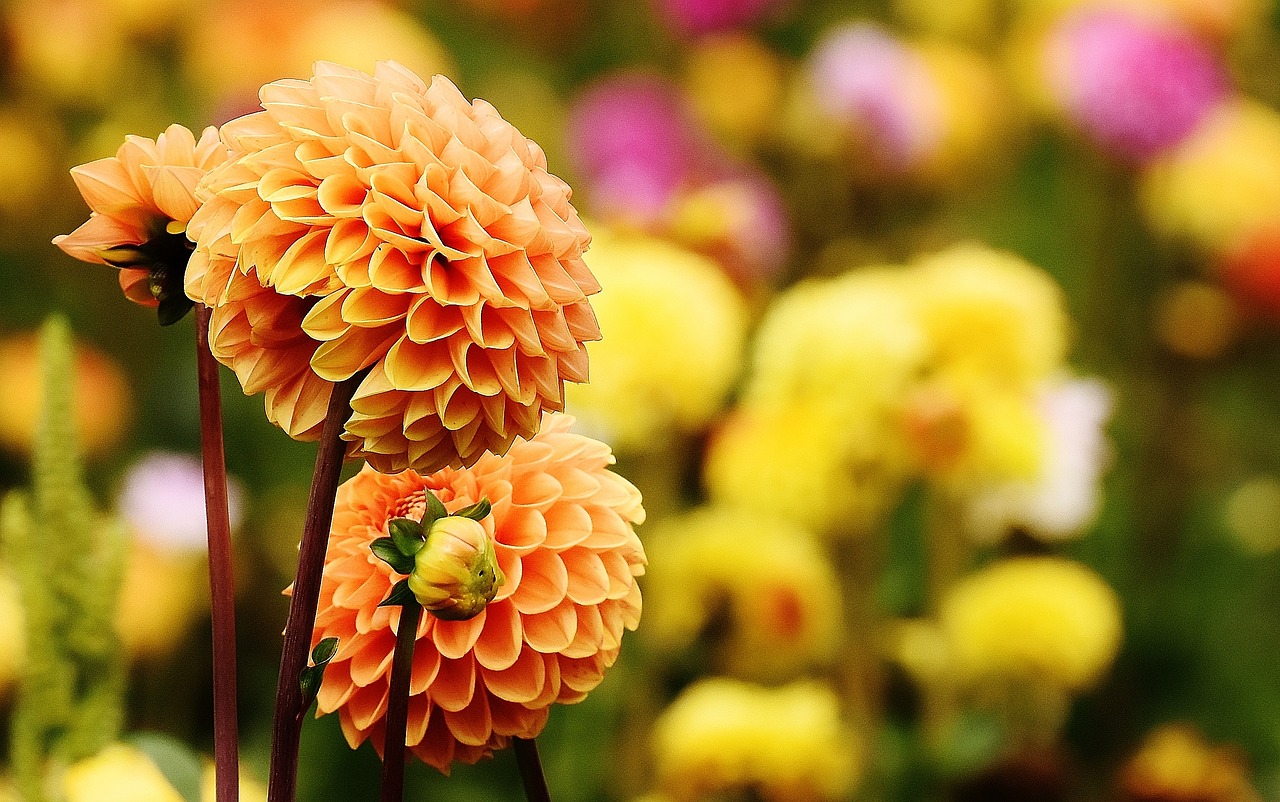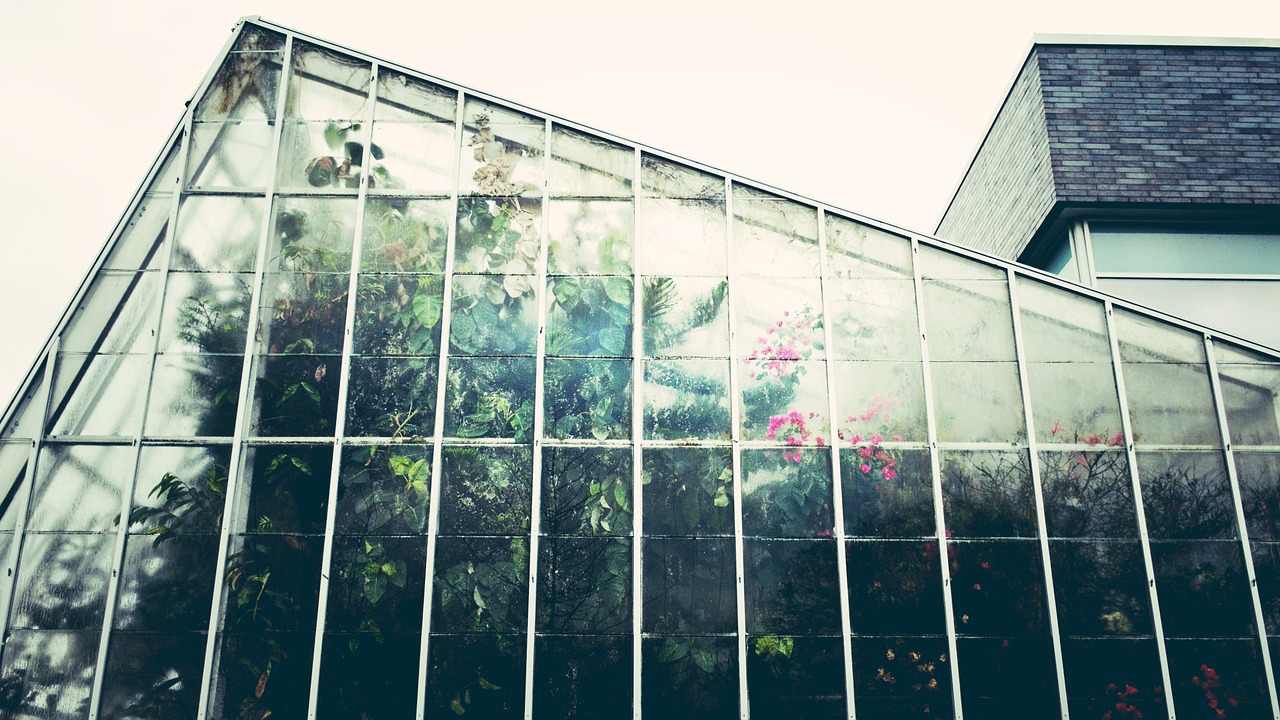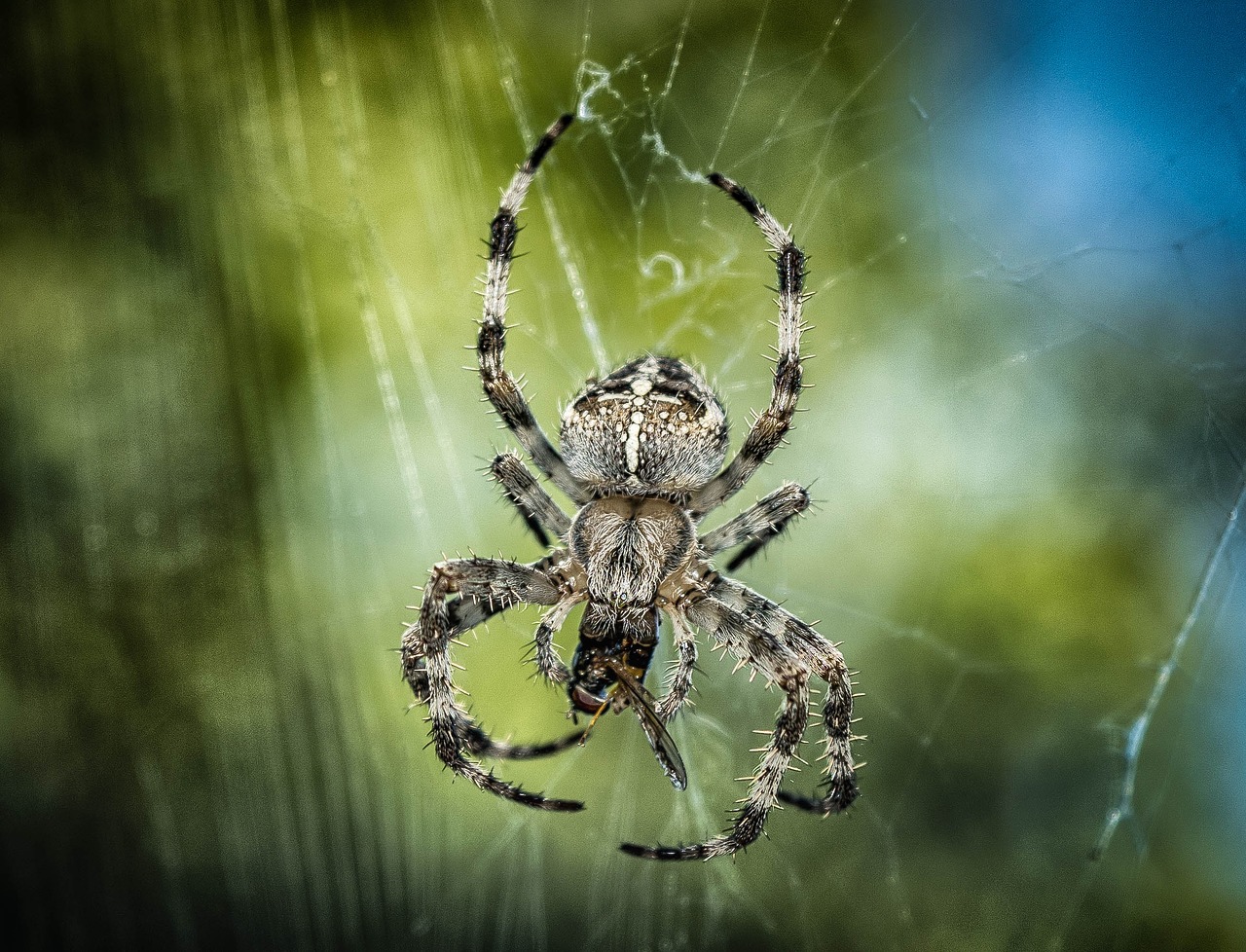Spring has well and truly sprung in the southern hemisphere. Even if you're moving into winter, now is a great chance to start thinking about growing your own food. Gardens not only provide super fresh fruit and vegetables, but they also make economic sense. Growing food at home is a great way to reduce your carbon emissions, as it cuts out the CO2 involved in transport and packaging.

Not quite a green thumb
Fresh produce such asstrawberries, tomatoes or herbs like basil are great options to try your hand at growing at home. To be completely honest, I've always had growing my own food at the bottom of the too-hard basket, but this year I decided to tackle my fears and plant tomatoes.
I was very emotionally invested in those tomatoes, and had already planned several recipes to use them in. When I found them with yellow, curled up leaves I was devastated. I had poured my heart and soul into these tomatoes - or at least remembered to water them every day - and was furious at the pest had caused them to wither: aphids.

In that moment of frustration it was tempting to grab a general pesticide with the strongest chemical formulation possible and go to town on the bugs that had threatened my home grown products.
Here's why I didn't, and you shouldn't either
Pesticides are poisons designed to kill pests, but they aren't able to be very specific. They will easily permeate produce, as well as impacting our air, waterways and soil. Dangerous pesticides such as fumigants produce lethal byproducts and can severely diminish local ecosystems. Pesticides can also impact bee populations which are responsible for pollinating more than 90% of the worlds flower crops.

Alternatives
1) Choose your plants wisely
Using plants with natural resistance to pests is an easy way to avoid the need for pesticides. If the plants are immune, the pests won't be able to gain a foothold in the eco-system. This becomes even more possible if you're involved with farmed crops like corn and maize, which can be genetically modified to increase their resistance.
However, pesticides aren't just an issue for farmers, as homeowners use concentrations about three times higher than the pesticides farmers rely on.
2) Modify your garden design
Making simple design choices can create a garden which is much less ideal for pests. Choosing to use organic soil and clearing out insect habitat and weeds can make a big difference to the pests you will find in your garden. Composting and mulching the soil will also ensure a healthy presence of good bugs. Making an indoor garden is another great option to avoid these pests.

3) Create physical barriers
Bugs are generally very small and can be stumped by simple physical barriers. You can use cream of tartar, floating row covers or fly paper as a barrier for ants. Regularly pruning or washing produce can also stop bugs from taking over.
In regards to Aphids, you can stop them by placing aluminium foil at the base of plants. It may take a little more preparation but it will be worth it to ensure the quality of your produce.
4) Rely on natural enemies
Some plants and animals naturally inhibit pests. Spiders are a great example of a bug that will prey on pests. Similarly, planting mint amongst other animals will protect them from slugs, white flies and beetles.
It's about getting informed in regards to which natural enemies you can take advantage of.

5) Chemical free recipes
There are so many chemical free alternatives to create your own natural pesticides.
This simple recipe works for fungal diseases:
1. Mix two tablespoons of baking soda into a gallon of water 2. Pour in a spray bottle and spray on affected area once a day for two weeks
Our favourite natural pesticide recipe uses ingredients you will find in your kitchen. which makes sense considering that's where your produce is going to go too.
What if the alternatives aren't working
If you have to use chemical pesticides, choose them carefully and only after you have exhausted non-chemical methods. Ensure you only spray the pesticides on the affected areas, and that they don't get onto smooth surfaces such as pathways or roads. Do not let the pesticides enter gutters, and sweep away any material that lands on these surfaces. Ensure you correctly dispose of garden chemicals at hazardous waste sites.
Read Next: How to Grow Passion Fruit From Seeds
Picture Source: Pixabay. Banner Image: Shutterstock.

